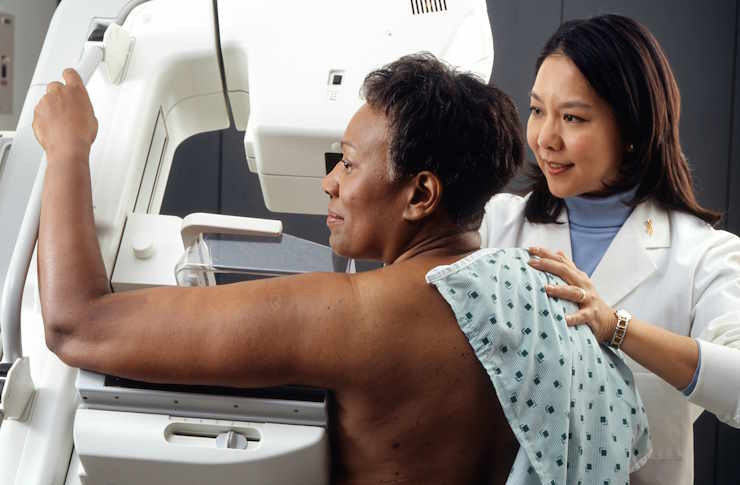Colon Cancer Treatment: Options, Care Pathways and Local Support
Colon cancer treatment depends on the stage of disease, tumor characteristics and the patient’s overall health. Management commonly combines surgery, systemic therapies and supportive care. In the UK, multidisciplinary teams review cases to recommend evidence-based approaches, balancing effective cancer control with quality of life considerations and follow-up monitoring.

This article is for informational purposes only and should not be considered medical advice. Please consult a qualified healthcare professional for personalized guidance and treatment.
What are standard treatment options?
Treatment for colon cancer typically involves a combination of modalities. Early-stage disease is often managed primarily with surgery to remove the tumour and a margin of healthy tissue. For more advanced disease, systemic therapies such as chemotherapy or targeted agents may be used before or after surgery to reduce recurrence risk. Palliative approaches focus on symptom control for advanced cases. Decisions are informed by staging tests (imaging, colonoscopy, biopsy), molecular testing of the tumour and the patient’s preferences and fitness for treatment.
How is surgery performed and when?
Surgery is the main curative treatment for localized colon cancer. Procedures range from segmental colectomy (removal of the affected colon segment and nearby lymph nodes) to more extensive resections depending on tumour location and spread. Minimally invasive techniques, including laparoscopy and, in selected centres, robotic-assisted surgery, aim to reduce recovery time and complications. Surgery may be followed by restorative procedures to reconnect the bowel. For patients with metastatic disease limited to the liver or lungs, surgical removal of metastases may be considered by specialist teams if it offers a potential survival benefit.
How is chemotherapy used in treatment?
Chemotherapy uses cytotoxic drugs to target cancer cells and is routinely used in colon cancer to reduce recurrence risk after surgery (adjuvant therapy) and to control disease in advanced stages (palliative or neoadjuvant when used before surgery). Common regimens in the UK include combinations such as fluoropyrimidine-based treatments (e.g., 5-FU or capecitabine) often paired with drugs like oxaliplatin or irinotecan depending on goals and tolerability. Side effects vary by regimen and can include fatigue, gastrointestinal symptoms, neuropathy and blood-count changes; monitoring and dose adjustments are part of standard care to manage toxicity.
What is the role of radiotherapy?
Radiotherapy has a more limited role in colon cancer than in rectal cancer but can be useful in specific settings. It may be applied to relieve symptoms from local tumour growth (pain, bleeding, obstruction) or as part of multidisciplinary care when tumour location and spread make radiation appropriate. In rectal cancer, radiotherapy is more commonly used preoperatively to reduce local recurrence risk; for colon tumours, the decision to use radiotherapy is made on a case-by-case basis by the treating tumour board, taking account of potential benefit versus risks to adjacent organs.
How targeted treatments and immunotherapy may be used
Molecular profiling of tumours identifies mutations or biomarkers that guide the use of targeted therapies and immunotherapy. For example, patients whose tumours have specific genetic alterations (such as RAS, BRAF mutations, or mismatch repair deficiency) may be eligible for targeted drugs or immune checkpoint inhibitors in advanced disease settings. These agents can offer benefit when standard chemotherapy is insufficient, but their indication depends on test results and treatment guidelines. UK oncologists typically perform genetic and biomarker testing for advanced cases to personalise systemic therapy choices.
Supportive care, screening and local services
Supportive care addresses symptoms, side-effect management and psychosocial needs throughout treatment. Nutritional support, pain control, stoma care, physiotherapy and psychological services are commonly integrated into care pathways. In the UK, local services include NHS colorectal clinics, cancer nurse specialists and regional cancer centres offering multidisciplinary review. Screening programmes and early referral pathways aim to detect disease earlier; individuals should be aware of local services for screening, symptomatic assessment and follow-up care in their area. Clinical trials are also available at specialist centres and can be a route to emerging therapies for eligible patients.
Conclusion
Colon cancer treatment is tailored to disease stage, molecular features and patient circumstances, combining surgery, systemic treatments and supportive care when appropriate. In the UK, multidisciplinary teams and local services play a central role in planning care and follow-up. For personalised recommendations, patients should discuss diagnostic results, treatment options and potential side effects with their clinical team.



